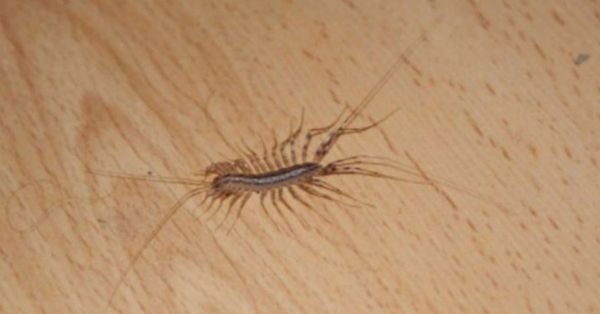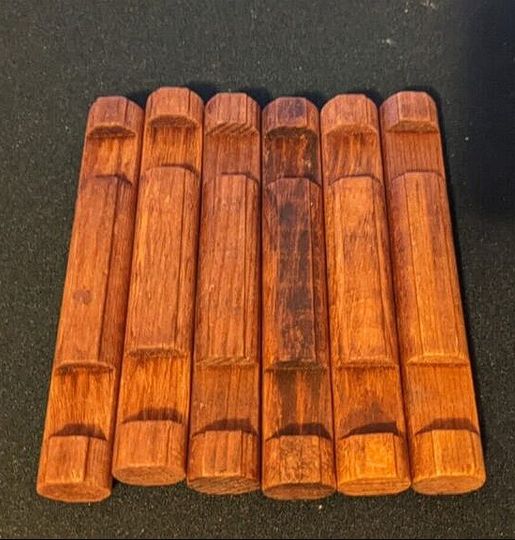
Have you ever had that immediate urge to squash an insect when you see it inside your home? It’s completely understandable, especially when some of them are dangerous and can cause painful and sometimes fatal stings. But before you reach for that shoe, let’s talk about house centipedes.
When you come across a house centipede, it’s only natural to feel a sense of fright and disgust. Their numerous legs and creepy appearance can really give you the creeps. However, once you learn about the valuable role they play in your home, you might want to reconsider reaching for that shoe.
These fast-moving creatures actually help to defend your home against other pesky insects. There is a specific type of centipede found in houses, which is slightly shorter than its other worm-like relatives and has about 20 legs. These little creatures act as your invisible exterminators, keeping household pests like cockroaches, spiders, silverfish, bedbugs, and ants away. They have a voracious appetite and happily feast on any arthropods they come across.

Now, this doesn’t mean you should invite hordes of centipedes into your home. After all, they are still insects. But sparing the one or two centipedes you find as a token of appreciation wouldn’t hurt.
It’s true that centipedes may cause a bit of a stir when discovered, especially for children or even some adults who find them scary and disgusting. Instead of squishing them, consider letting them walk away or gently tossing them outdoors to find some leaves to munch on.
Here’s another good reason to avoid squishing every insect you find in your home: it can lead to a spider infestation. Imagine squashing a spider and unknowingly releasing hundreds of tiny baby spiders into your house. Definitely not a sight anyone wants to see.
Centipedes, on the other hand, are really not that bad. Yes, they can give you a fright, but they are just scrawny little creatures that are hardly strong enough to cause serious harm. Plus, unlike other insects, they don’t spread germs all over your home.

So, don’t worry too much about centipedes. Instead, keep an eye out for other insects that actually pose a threat. There are some that can cause terrible diseases and even lead to death without proper medical treatment. Here are a few of the deadliest bugs you should be wary of:
- Bullet ants: These ants have one of the most painful bites, often compared to being shot. They are found in the rainforests of Nicaragua and Paraguay.
- Botfly: The Botfly’s larvae are internal parasites that infect many mammals, including humans. The eggs are laid within the skin, and as the larvae grow, they cause severe tissue changes and infections.
- Fleas: Fleas feed on blood and their bites can lead to skin irritation, itching, and even skin infections.
- Fire ants: Fire ants are notorious for their painful stings, which leave white pustules on the skin that can last for weeks. Some species of ants also carry harmful venom that can cause allergic reactions.
- Kissing bug: These bugs are known for biting their victims on the lips. Their bite transmits the trypanosome cruzi parasite, which is responsible for thousands of deaths each year.
- Giant Japanese Hornet: As the largest hornets, they grow up to 2 inches long and have a powerful sting that can be fatal.
- Tsetse Flies: These flies cause sleeping sickness, which leads to an estimated half a million deaths each year in Africa.
- Killer Bees: These bees swarm in large numbers and attack aggressively, often leading to fatal outcomes due to the sheer volume of their attacks.
- Driver ants: With their strong mandibles, driver ants can deliver powerful bites. They can kill multiple animals in a single raid and cause serious bite wounds in humans.
- Mosquitoes: Considered one of the deadliest insects on earth, mosquitoes cause millions of deaths each year due to diseases like malaria, yellow fever, West Nile virus, and encephalitis.
So, the next time you spot a house centipede, think twice before squashing it. Appreciate the role it plays in keeping your home free from other annoying pests. And remember, there are much more dangerous bugs out there that require your attention.




